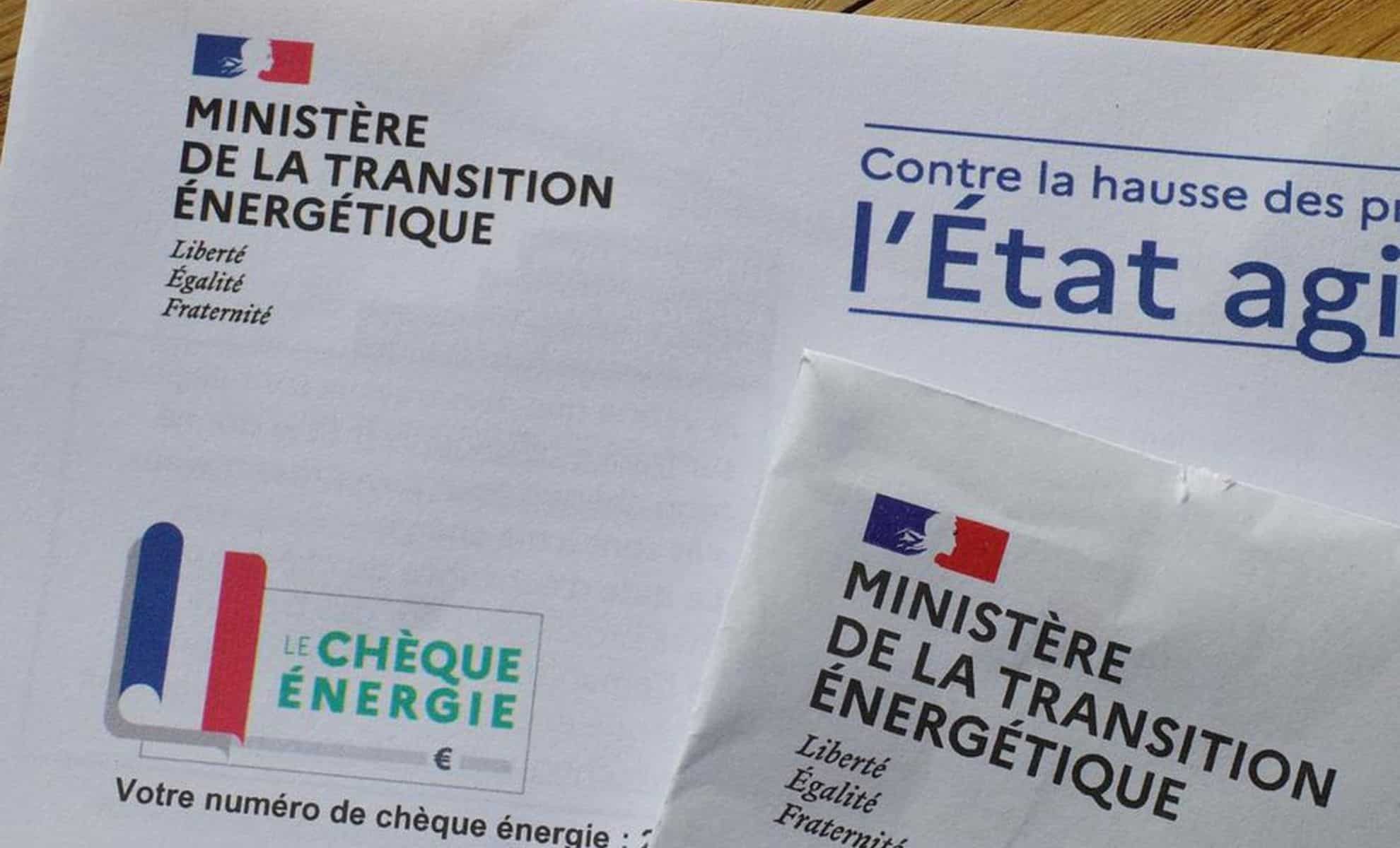EU takes on crypto, bans anonymous wallets

- The European Union bans anonymous crypto wallets.
- Cryptocurrency users in Europe are worried about this new law that limits their financial freedom.
Following recent regulatory developments, all forms of cryptocurrency payments using unknown crypto wallets are now considered illegal in the European Union.
The measure is part of a series of new laws aimed at ending money laundering (AML) across the European continent. According to MEP Patrick Breyer, several members of the main committee of the European Parliament approved the decision on 19 March.
New anti-money laundering laws limit anonymous cryptocurrency transactions
The new anti-money laundering law doesn’t just stop at banning benami wallets, as it also opposes certain levels of cash payments. With this in mind, any cash transaction above 10,000 euros will be considered illegal, as will anonymous cash payments above 3,000 euros.
Cryptocurrency payments will be restricted only to unknown wallets used by providers. This includes any storage wallets offered by cryptocurrency exchanges, browsers or mobile applications.
According to a crypto expert Raphael Bloch, “The upvoted text only concerns wallets on exchanges. The text only concerns companies that will be authorized at the European level and will therefore be obliged to report their customers’ transactions (above a certain amount) to the authorities of the Member States.
However, Patrick Hansen, Director of Policy and Strategy Europe at Circle, explains, “Self-managed wallets are not prohibited (…) P2P transfers are expressly excluded from AML, as are software wallets and content. However, cryptocurrency payments made using self-managed wallets not subject to KYC (eg to merchants) will be more difficult/restricted depending on the merchant.”
I will have more to say about this in the next few days and I am not a fan of AMLR, but do not believe the FUD that is being shared.
Self-custody wallets are not banned. Payments to/from Self Custody Wallet are not restricted. P2P transfers are expressly excluded from AMLR, such as… https://t.co/U2p3tg3ZJ4
– Patrick Hansen (@paddi_hansen) March 23, 2024
Additionally, the Dillon Eustace Law Firm claims that the recently approved anti-money laundering law will be implemented within 3 years of its enactment. However, the Irish Cabinet expects these laws to be fully operational before the general implementation deadline.
Europe attacks anonymity and financial freedom
MP Patrick Breyer doubts the effectiveness of these laws in the fight against crime. Highlighting the importance of anonymous payments, calling them an essential human right and indispensable to achieving personal financial freedom, he warns of the damaging economic and social consequences of limiting sovereign payments.
In theory, blockchain works without any authorization and anyone can create a cryptographic key to gain free access to the system. This concept is an essential value of cryptocurrency, which seeks to provide greater accessibility and freedom, and does not discriminate between users.
The new law is seen by many as a major assault on financial freedom and essential human rights. However, there are doubts about the political capacity of the European Parliament to implement this ban.



:format(jpeg):focal(1845x1645:1855x1635)/cloudfront-us-east-1.images.arcpublishing.com/gfrmedia/7YGSL6BPZZB3RP7AX4PV3HI3KY.jpg)

